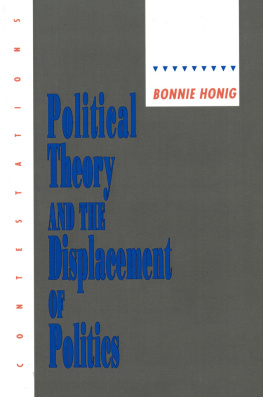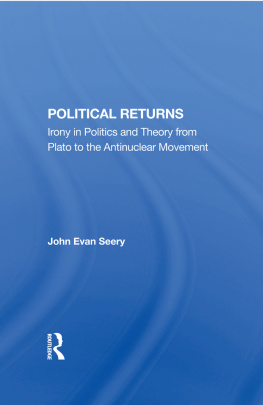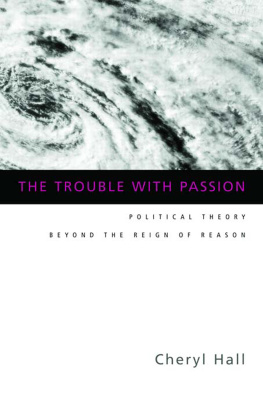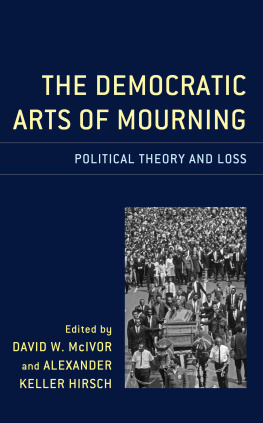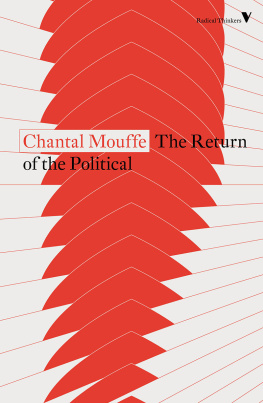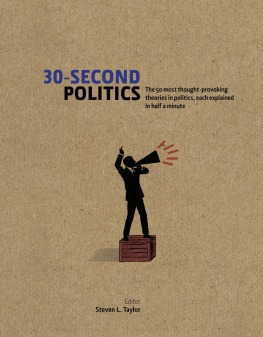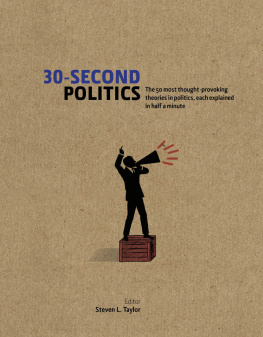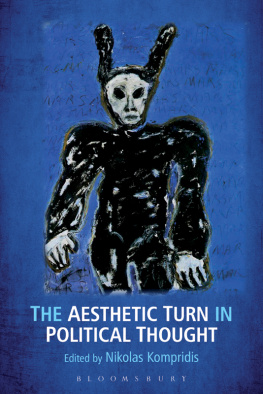Acknowledgments
In the process of writing this book, I have often been astounded at my good fortune in having so many friends and colleagues who were willing, in the midst of their own busy schedules, to read and comment on drafts of chapters and, in some cases, on the whole manuscript (which, in its early stages, was very long). Their interest in the project and their encouragement were critical to its completion, and I am delighted finally to repay their kindness with the written acknowledgment it deserves.
Let me begin with the colleagues with whom I am most recently acquainted. I am indebted to the late Judith Shklar for reading several chapters in early draft form and for responding to them insightfully and critically while leaving me the space to figure out how best to address her concerns. Her recent, untimely death made me realize anew the extent of my debt to her scholarship and her example. Michael Sandel responded with generosity and magnanimity to my critique of his work, pressing me to come to terms with my own conceptions of the good while defending his position in ways that sought to encourage rather than deflect further debate and exchange.
Fred Neuhousers careful reading nudged my thinking about Nietzsche along just when I was beginning to be too satisfied with it. My arguments on Rawlss A Theory of Justice were improved by the comments and queries of Patrick Neal, Geoff Smith, and Adam Swift, all of whom were willing to wrestle with some unfamiliar ideas rather than dismiss them out of hand. Michael Shapiro and Stanley Cavell also commented on the Rawls materials to my profit. Sally Gibbons responded to my reading of Kant, and she checked the translations of Kant that I use. I am most grateful to her, though, for her constant support in the final four months of revision. Her unerring instinct for an argument stipulated but not quite made was my most valuable resource during that period. Thanks also to Jim Grant, who helped me keep in touch with the book in its last stages.
Glyn Morgan commented on the whole manuscript with his usual care, intelligence, and attentiveness. Our recently begun conversation about political theory and politics was one of the perks of the revision process. Thomas Dumms reading of the manuscript was also the occasion of a new friendship and a new conversation. I value both and am grateful to him for his extensive and thoughtful comments on the work. David Mapel took on the whole manuscript as well and responded to it with characteristic encouragement and insight, making me realize how I have come to rely on our professional and personal friendship over the years. Peter Digeser, another old friend and colleague, has read and quarreled tenaciously with arguments and readings from their earliest to their latest stages of development. I am grateful to him for his continual support and friendship. My thinking has also profited from conversations over the last couple of years with Marcie Frank, Steve Johnston, Jeff Isaac, Tom Keenan, Uday Mehta, Dana Villa, Stephen Macedo, and, especially, Kirstie McClure.
I presented early versions of Chapters 4 and 5 at the American Political Science Association conventions in 1989 and 1991, at Northwestern Universitys series in political theory in the spring of 1990, and at Tulane Universitys Murphy Institute seminar on liberty in April, 1991. I am grateful to all the discussants and participants in those meetings, including George Kateb, James Johnson, Jane Mansbridge, and Nancy Rosenblum. Parts of these two chapters draw on material that appeared as Arendt, Identity and Difference, Political Theory 16 (1988), 7798, copyright 1988 by Sage Publications, Inc., and reprinted by their permission; Declarations of Independence: Arendt and Derrida on the Problem of Founding a Republic, American Political Science Review 85 (1991), 97113; Toward an Agonistic Feminism: Hannah Arendt and the Politics of Identity, in Feminists Theorize the Political, ed. Judith Butler and Joan Scott (New York: Routledge, 1992); and Rawls on Politics and Punishment, in Political Research Quarterly 46, no. 1 (1993). Thanks to all these journals and publishers for permission to use these materials here. Thanks, too, to the people at Cornell University Press, to Kay Scheuer, Teresa Jesionowski, Mary Lash, and Linda Wentworth, to Roger Haydon for being a supportive editor and for allowing me to decide the colors for the cover of this book, and to John Thomas for his rigorous copyediting.
I am indebted to the National Endowment for the Humanities and to Tulane Universitys Murphy Institute of Political Economy for a one-semester leave in 1991 that enabled me to complete a draft of the manuscript. Thanks, in particular, to Richard Teichgraeber III for being a welcoming and considerate host and to Ruth Carter for providing supportive staff assistance. I am also grateful to the Harvard government department for a one-semester paid leave in 1992 that allowed me to finish the final revisions of the book.
I first explored many of the issues treated here during my graduate studies at Johns Hopkins University. I am indebted to the late George Armstrong Kelly for encouraging my early work on Kantian respect and for sharing his own unfairly bad book reviews with me. For their guidance then, and for their collegiality since, I am deeply grateful to Richard Flathman and William Connolly. Bill Connolly joined the department at Hopkins just as I had run out of ways to account for what seemed to be inexplicable oddities in Arendts thinking. He provoked me to read Nietzsche, and the mysteries of Arendts account of action began to make a certain kind of sense. I am particularly indebted to Bill for his comments on this manuscript. His influence and the traces of the arguments we continue to have are evident on most of the pages that follow.
Also noticeable are the traces of a rather different set of arguments I continue to have with Richard Flathman, who also commented helpfully on the whole manuscript. It was he who first suggested that I pursue my interest in Arendts political thought beyond the bounds of a seminar paper. I am grateful to him for that and more: for ten years now (a shocking realization), I have had the great good fortune to be guided by his consistent examples of candor, distance, wit, and insight in his scholarly work and in his relationships with students as well as colleagues. It is the best kind of debt to owe and I acknowledge it with pleasure and gratitude.
Finally, I would like to thank my husband, Michael Whinston, whom I met the week I began work on this project. I dedicate this book to him for believing in life after the book and for supporting me in this work as in all my endeavors with love, indescribable patience, and some excellent suggestions for revision.

